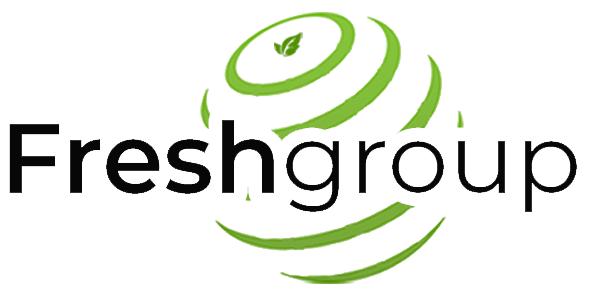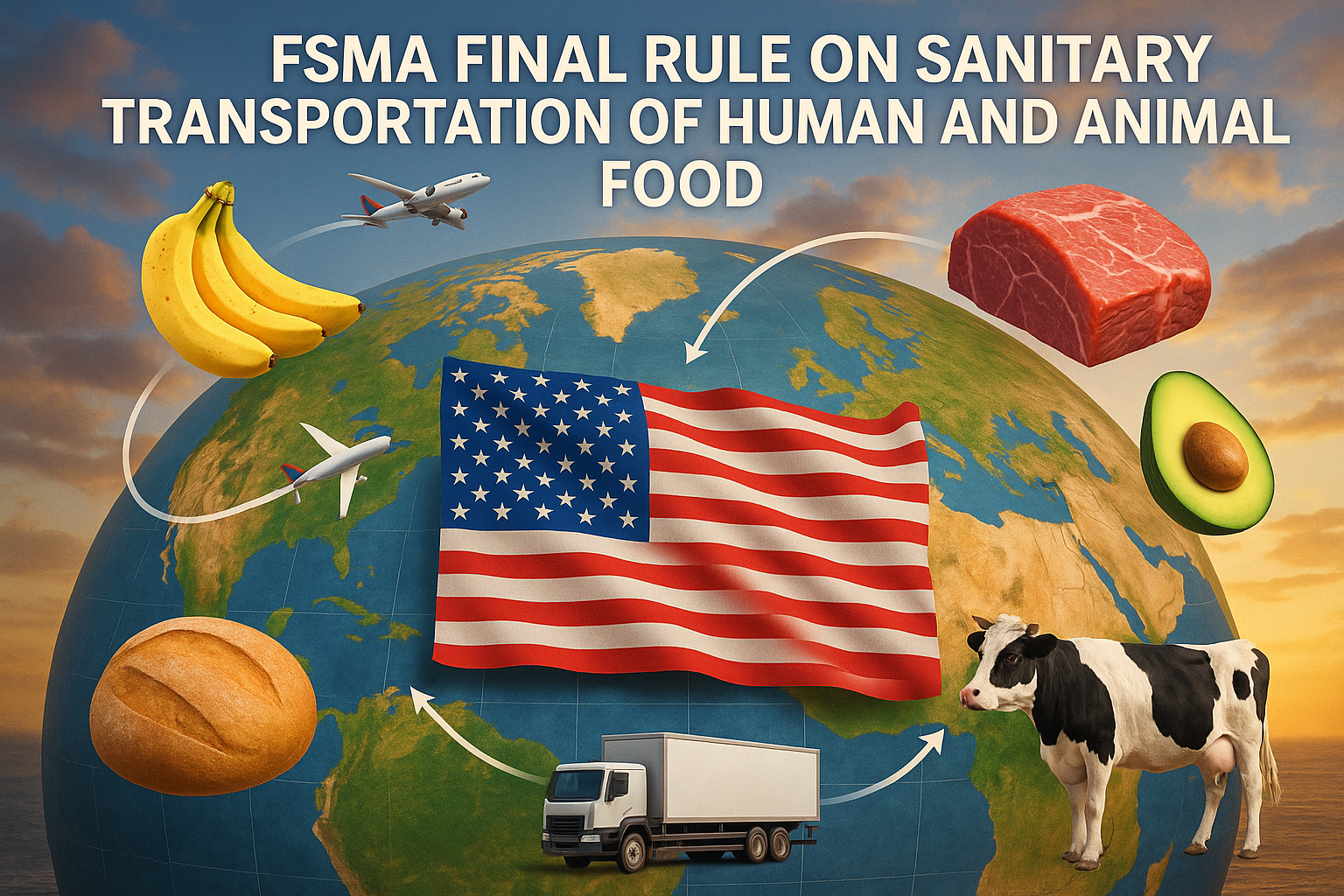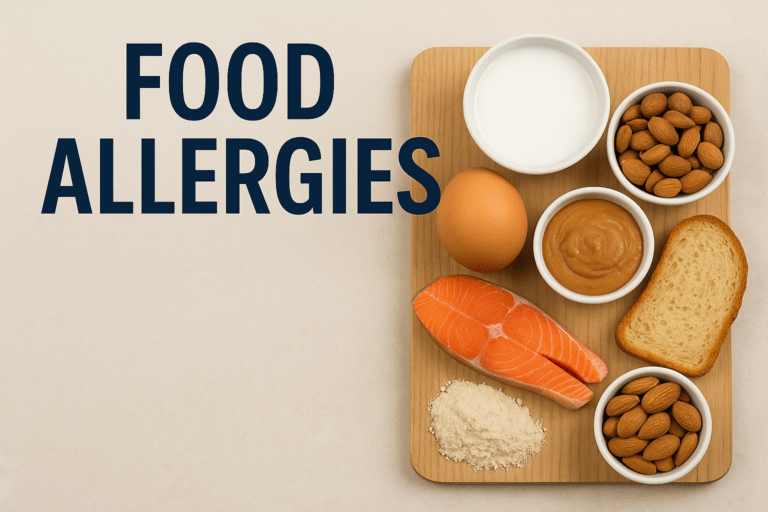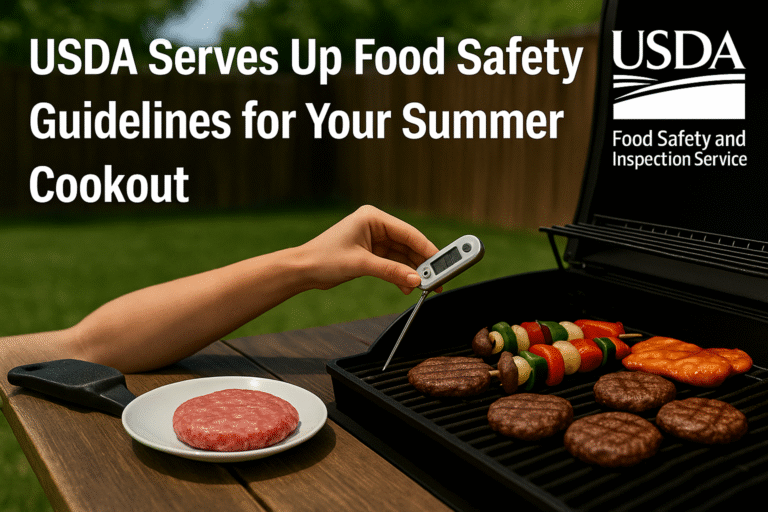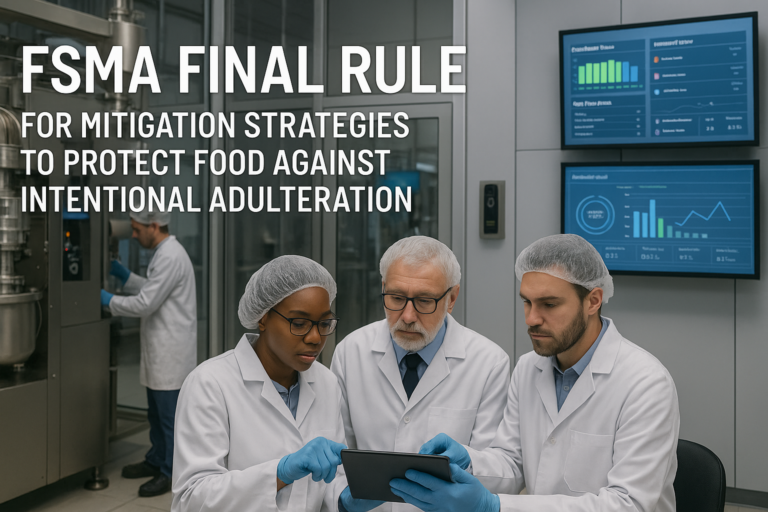The FDA’s Food Safety Modernization Act (FSMA) represents a major shift in food safety regulation—from reacting to contamination events to actively preventing them. One of its key components, the Final Rule on Sanitary Transportation of Human and Animal Food, strengthens protections across the supply chain by ensuring that food remains safe during transit.
Published on April 6, 2016, this rule is part of a broader effort to modernize the U.S. food system. As of today, all compliance deadlines have passed, and the rule is fully in effect. Businesses involved in food transportation are expected to meet its requirements or risk penalties.
Purpose and Background
This rule addresses risks that can arise when food is transported—such as improper refrigeration, unclean vehicles, and cross-contamination. It was developed in response to real incidents involving foodborne illness outbreaks linked to unsanitary transportation practices.
It builds on the Sanitary Food Transportation Act of 2005 (SFTA) and is one of seven foundational FSMA rules aimed at creating a risk-based, modern food safety framework.
Who Must Comply?
The rule applies to shippers, receivers, loaders, and carriers transporting food within the U.S. by motor or rail vehicle, including international shipments entering the U.S. by land.
Covered entities include:
- Domestic and foreign shippers who arrange for food to enter the U.S. for distribution or consumption.
- Importers using U.S. rail or trucking routes for food that stays in U.S. commerce.
Exemptions include:
- Companies with under $500,000 in average annual revenue from food operations
- Farms transporting their own food
- Food shipped through the U.S. without entering U.S. commerce
- Completely enclosed food, unless it requires temperature control
- Transport of live animals, except molluscan shellfish
- Shipments of compressed food gases or food contact substances
- Human food byproducts going to animal feed, if not further processed
Key Requirements
The FSMA transportation rule sets standards in five critical areas:
- Vehicles & Equipment
- Must be designed and maintained to prevent food contamination.
- Must allow for proper cleaning and, if necessary, temperature control.
- Transportation Operations
- Measures must be taken to keep food safe in transit.
- This includes:
- Maintaining cold chain integrity
- Preventing cross-contact between raw and ready-to-eat foods
- Separating food from non-food items and allergens
- Training
- Carriers must train relevant personnel in sanitary food handling practices.
- Documentation of training is required.
- Recordkeeping
- Shippers, carriers, and receivers must retain written procedures and training records.
- Retention periods vary but do not exceed 12 months from the covered activity.
- Waivers
The FDA may grant waivers if it determines food safety won’t be compromised. Current waivers include:
- Grade “A” Milk shipments under the National Conference on Interstate Milk Shipments (NCIMS)
- Food establishments (e.g., restaurants, retail, nonprofit organizations) transporting food as part of normal operations
- Molluscan shellfish transporters certified under the National Shellfish Sanitation Program (NSSP)
Compliance Timeline
While the rule was finalized in 2016, the FDA allowed staggered compliance dates:
- Large businesses: Compliance required by April 6, 2017
- Small businesses (under 500 employees or $27.5 million in annual revenue): Compliance by April 6, 2018
As of now, all covered businesses are expected to be in full compliance.
Why It Matters
Proper transportation is a critical control point in the food supply chain. The FSMA Sanitary Transportation rule helps ensure that what leaves a facility in good condition arrives at its destination just as safe and wholesome. By maintaining strict sanitary practices during transit, we reduce the risk of contamination, illness, and costly recalls—protecting both public health and brand reputation.
Source: United States Food and Drug Administration (U.S. FDA)
Reach out to Fresh Group Food Safety And Quality Consulting for any inquiries related to food quality and safety.
